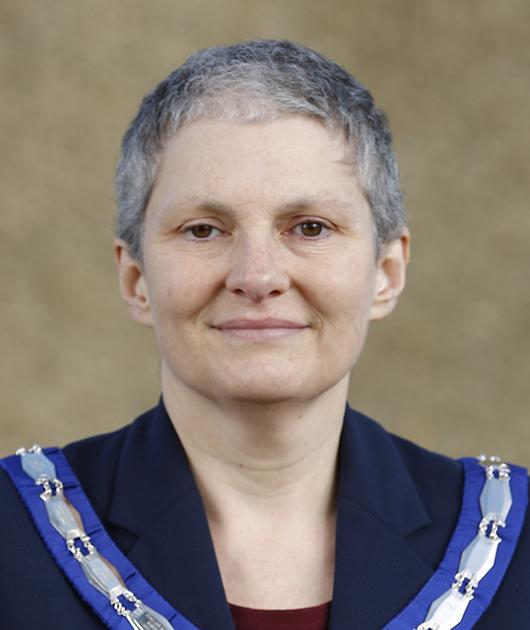Our equity, diversity and belonging strategy has been produced in collaboration with CSP diversity networks, members, staff and stakeholders with insight into the discrimination and disadvantage faced by members and their patients. In this section, Alex MacKenzie, Chair of Council, introduces the strategy.
This is the first of three sections in the CSP's equity, diversity and belonging strategy.

Introduction
I am delighted to introduce our equity, diversity and belonging strategy. We cannot achieve our vision for the physiotherapy profession without achieving equity (treating everyone fairly), valuing diversity and making sure people feel like they belong. Systematic discrimination throughout society means we need to influence others to act too.
We want to change our organisation and our profession. Your race, gender, sexual orientation, age, religion, class and disability (if any) matter in physiotherapy. Middle-class patients find it easier to access physiotherapy. Your chances of successfully graduating as a physiotherapist are greater if you are white. Lack of adaptions can drive people with disabilities out of the profession. LGBTQIA+ physios can face harassment at work. You are more likely to be a senior manager at the CSP if you are white. Physiotherapy should not be like this.
Simply providing the same opportunities to everyone does not make things fair. We aim to achieve equity by recognising that what we need to do to make things fair depends on people’s different needs. Different treatment is the key to achieving equity.
Having a more diverse profession will make it easier for us to offer the most appropriate care to marginalised patients and communities. Marginalised is when someone or a group of people are treated as if they are not important; and places them in a position of little or no importance, influence, or power. We can better appreciate the barriers to accessing services if more of us come from marginalised communities or backgrounds. If we are representative of the communities we serve, we are more likely to be able to work with communities to design services which meet their needs.
We want members and staff with different backgrounds to feel that they belong within the CSP. Belonging is the feeling of mattering to others. Belonging is created through intentional acts of inclusion and by embracing difference.
I am very proud of the way we have co-created the strategy with the CSP diversity networks, members and staff to make sure our strategy is guided by the lived (first-hand) experience of discrimination and disadvantage faced by members, patients and staff. However, no strategy is ever perfect. Our strategy will need to develop and evolve over time to respond to new learning and changing circumstances.
This strategy sets a framework for us to act. Its aims will form part of our next corporate strategy. We are already taking action and are committed to being accountable for achieving this strategy. For my part, I promise to continue leading from the front to promote change, empower others and challenge discrimination.
Together we can make positive and lasting change for the better. It will require honesty, humility, vulnerability and tenacity. We all need to take an active role in making change happen. This is our strategy and we must make it work – we owe it to our colleagues and we owe it to our patients.
Alex MacKenzie, Chair of CSP Council